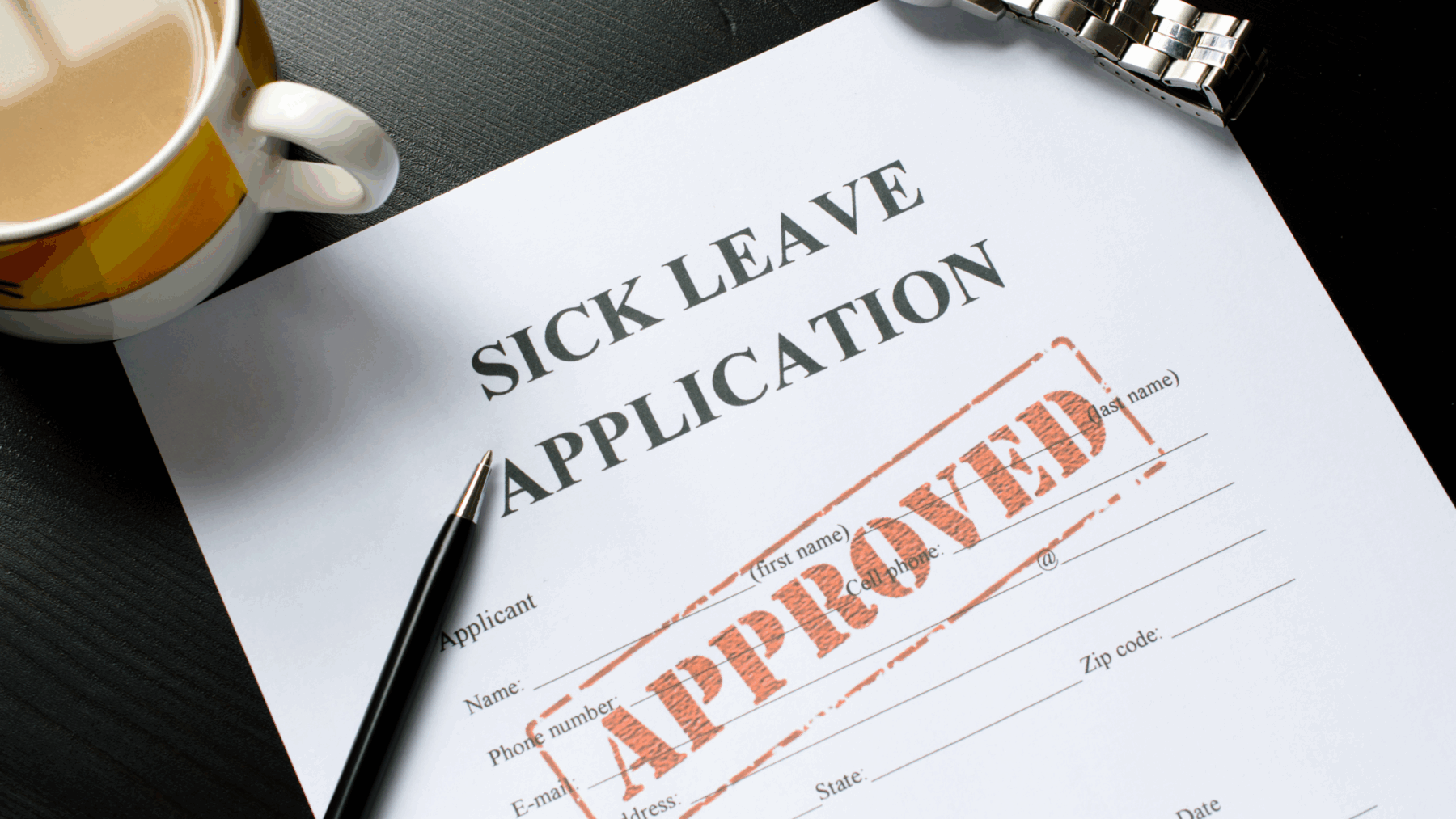(Originally published August 2015. Updated January 2018)
What happens when an employer makes a payroll mistake? Can it recover accidental overpayments from its employees?
The overpayment issue gained media attention in Canada when grocery chain Loblaws demanded that a group of workers in Surrey, BC pay back thousands of dollars after the employer made a payment error. The employees had opted for a one-time lump sum payment in return for new limits on their wages and benefits. After they received these payments, some of which were in the thousands of dollars, Loblaws told them there had been a payment error and that they had to repay the amounts within 20 days, or face legal action.
Shortly after the story hit the news, Loblaws dropped its demand for repayment and apologized to its employees. But what if the employer had stood firm – could it have recovered the amounts it paid out in so-called “error”?
Maybe. But not as a matter of right.
Under section 21(1) of the BC Employment Standards Act, an employer must not, directly or indirectly, withhold, deduct or require payment of all or part of an employee’s wages for any purpose. As the BC Court of Appeal explained in Health Employers Assn. of British Columbia v. B.C.N.U., the phrase “for any purpose” includes the purpose of reimbursing the employer for an overpayment, regardless of the reason for the overpayment.
Section 21 is an absolute requirement, with a few permissible exceptions. Unilateral deduction of an overpayment of wages is not a permissible exception – it is “aggressive self-help”. The only time an employer can unilaterally recover amounts paid in error is if it is permitted to do so by statute or collective agreement, or if the employee has consented in writing to the deduction.
It seems likely that Loblaws was aware of the section 21 prohibition, since it didn’t simply take the money back – it demanded it back. Other than creating a PR headache for itself, was this a smart move?
Ultimately, the law does not prevent an employer from ever recovering an overpayment from an employee – if there’s nothing in writing allowing it to act unilaterally, the employer can pursue a grievance (if the employee is unionized), or bring a claim against her in court. Therefore, it was definitely open to Loblaws to ask for repayment and threaten litigation.
Whether this is a wise course of action for an employer wanting to create the kind of workplace culture that attracts workers, rather than repels them, is an entirely different question.
Have questions about payroll or other employment practices? Contact us!


